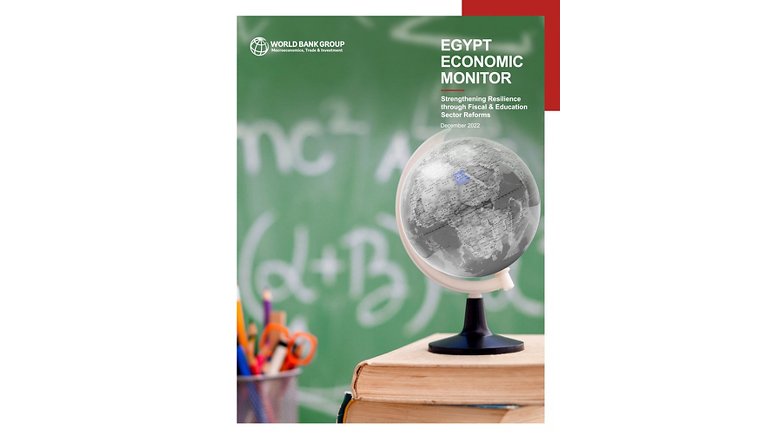Amidst repercussions from the Russia-Ukraine war, lingering supply chain disruptions, and tightening global financial conditions, Egypt is experiencing a spike in inflation and has suffered abrupt large-scale portfolio outflows; adding pressures to the country’s already stretched public finances and external accounts.
While key indicators (including banks’ net foreign assets position) were pointing to mounting pressures on external accounts over the previous two years (since FY2020/21), foreign exchange buffers declined sharply since March 2022, with the overlapping global shocks. In response, the Central Bank of Egypt (CBE) has undertaken exchange rate and monetary policy adjustments by allowing the exchange rate to depreciate and by raising key policy rates, in order to contain the widening external imbalances. In tandem, the government announced social mitigation packages. The authorities’ efforts to restore macroeconomic stability and push ahead with structural reforms is supported by the 46-month International Monetary Fund (IMF) program, along with other multilateral and bilateral financing and investments.
In the near-term, economic activity and real incomes are expected to be adversely impacted by the overlapping global crises. While key sectors are continuing to thrive, especially gas extractives (benefitting from the higher global prices), as well as the communications, agriculture, and construction sectors, other activities are performing below-potential, including manufacturing. Thus, following the strong rebound of 6.6 percent in FY2021/22, growth is expected to slow down to 4.5 percent in FY2022/23, before starting to inch up thereafter. The poverty rate (last recorded at 29.7 percent during October 2019-March 2020) may increase, due to the impact of inflation on real incomes.
Among the key reforms to drive long-term growth in Egypt is the need to improve learning outcomes; thus, the associated reforms of the education sector are analyzed in a ‘Special Focus’. Despite substantial increases in nominal terms in recent years, the budgeted figures for the education sector remain at 2.0 percent of GDP for FY2022/23; lower than the level in FY2021/22. Thus, creating the fiscal space (through improved revenue mobilization and streamlining of expenditures) is crucial for allocating resources to priority sectors (such as education).
The analysis in this Special Focus draws on a detailed analysis in the World Bank report “Egypt Public Expenditure Review for Human Development Sectors” and addresses education as an indispensable prerequisite for better-equipped human capital, higher potential output, more productive labor market entrants, and more rapid poverty reduction.
- Egypt Economic Monitor, December 2022: Strengthening Resilience through Fiscal and Education Sectors Reforms (Full Report in a PDF Format)
